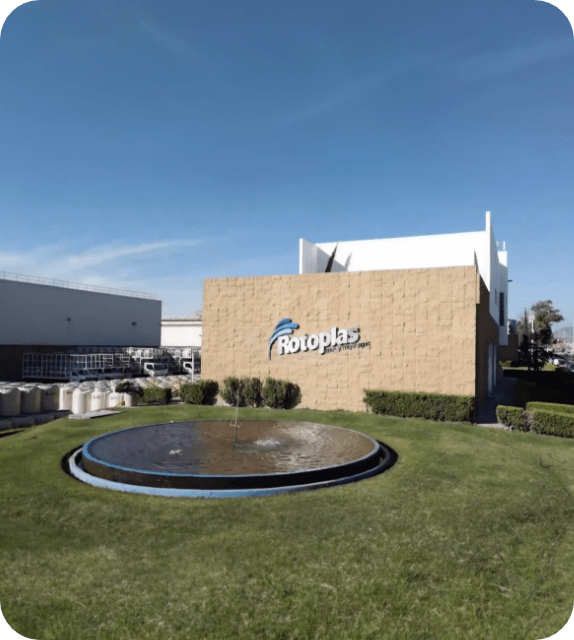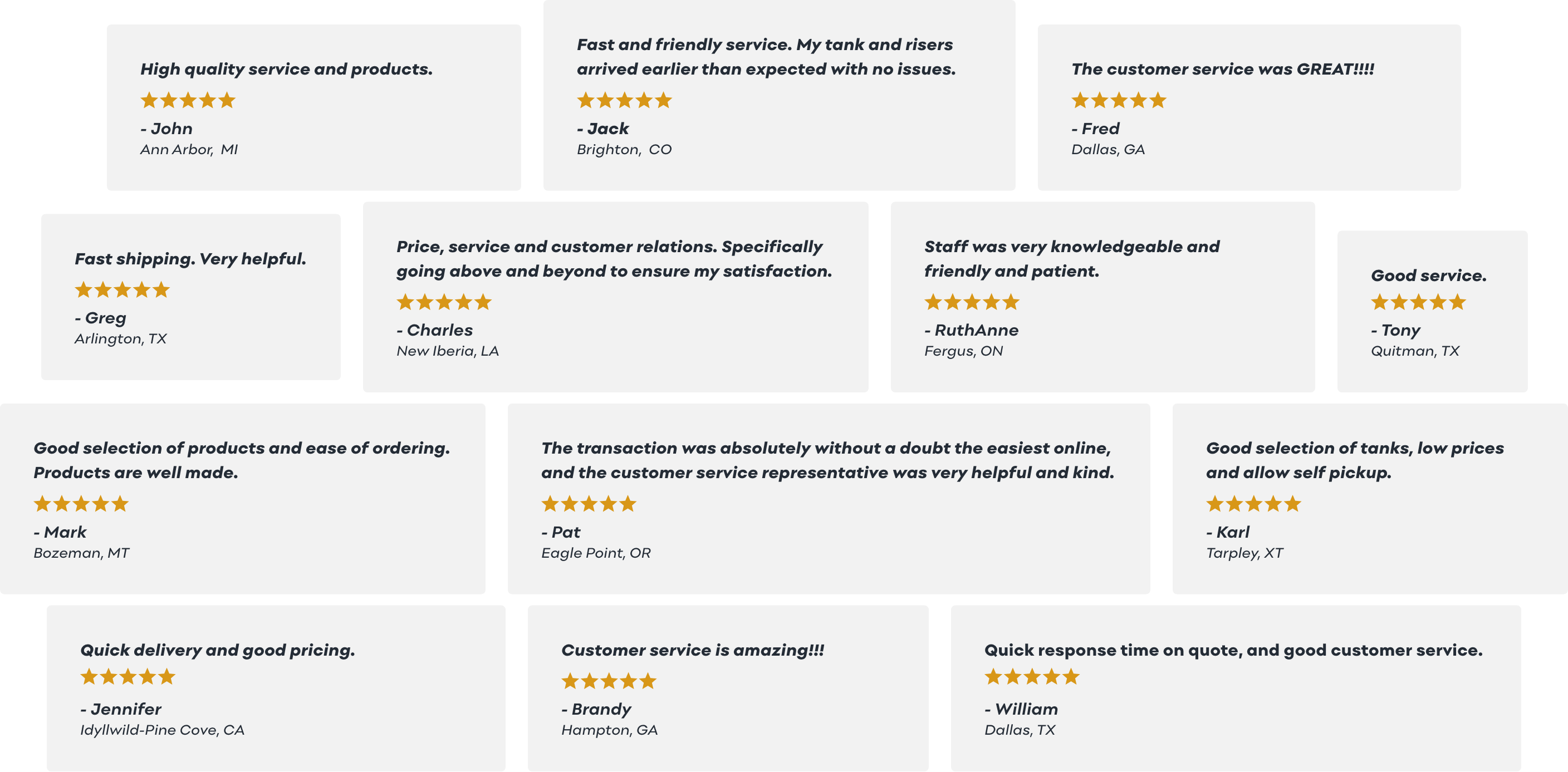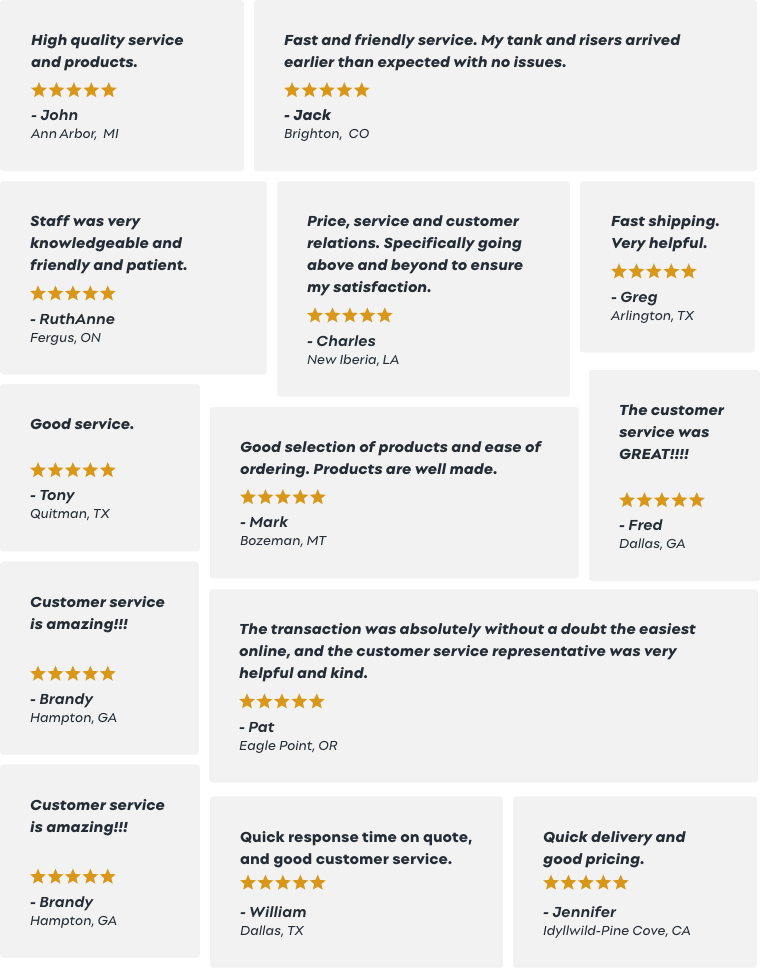

Acuantia enables customers to reliably access water when its most needed, safely store other solutions and responsibly treat wastewater to sustainably improve the environment. Partnership with our parent company is what makes our mission possible.
Grupo Rotoplas S.A.B. de C.V. is America’s leading provider of water solutions, including products and services for storing, piping, improving, treating, and recycling water.

Our family of brands are as diverse as water itself, dedicated to nurturing water’s natural cycle. Our innovative products and services address critical water challenges across multiple industries and applications, from access to conservation. By partnering with us, you’re not just solving today’s water
needs and ecological concerns – you’re securing a sustainable future.
Acuantia is a leading provider of septic system services in Texas to help you keep your septic system in top condition.
Our team provides you with septic design options that best fit your site needs, within your budget .
We work closely with you to have a septic system installed within budget and in your timeline.
If any part of your current system needs to be replaced, we will guide you through the best solution.
We evaluate your site and soils to make sure it can support a repair, expanded, or new septic system.
Discover how your feedback shapes our future. Here are our latest Net Promoter Score insights.



Join us where your talents can make a difference in shaping a better sustainable water solutions.

Partnering with our customers to achieve their desired outcomes across the water cycle.